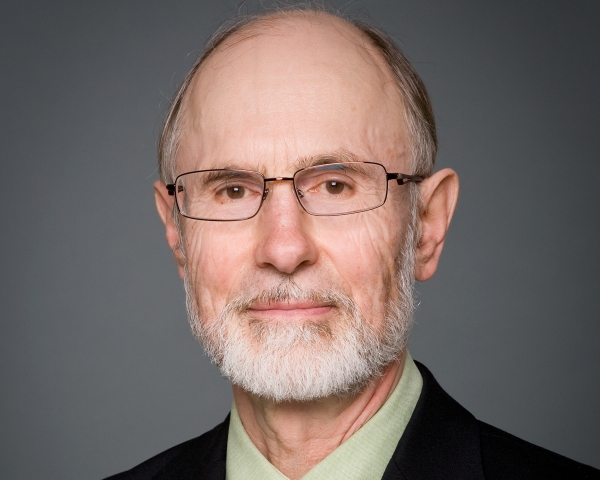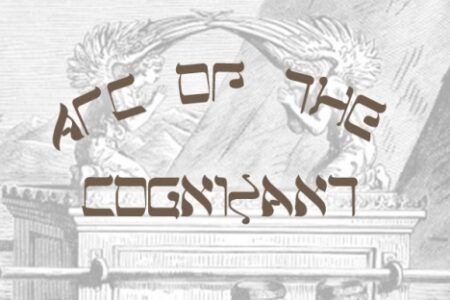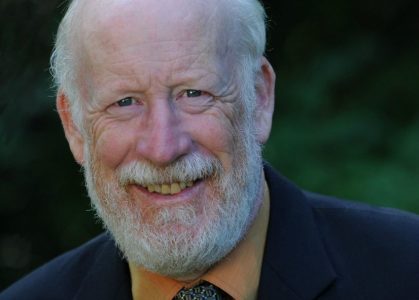COMMENT: Emails or e-myths?
There are some online stories that seem to have a life of their own. Several versions are making the rounds by email – some got their start well before I took office in 2006. Most seem to have a kernel of truth that has been distorted over time, just like the old game of telephone. After being passed along through a number of people, the original message bore little resemblance to the final outcome and the result was often hilarious.
There seems to be a similar phenomenon at work with internet urban myths but all too often, the result is not funny at all. Out of the many in circulation, two make their way to my office on a regular basis. If you use a computer, you may very well have seen the one on OAS (Old Age Security) and Bill c-428. It’s a lobby effort opposing MP Ruby Dhalla’s Private Member’s Bill at second reading.
The fact is that this bill died over two years ago when the election was called, and Ms. Dhalla is no longer a Member of Parliament. In spite of that, this out-of-date information continues to make the rounds. It will be interesting to see how long it remains in circulation. I appreciate the fact that people check in with me since it gives me an opportunity to respond with updated information.
The “Pensioner/Refugee” email also regularly makes its way to my office. It erroneously states that pensioners receive less in government support than do refugees and urges pensioners to fix their poverty by applying to become refugees. The comparison vividly illustrates the injustice of the level of poverty many seniors are forced to live with.
Unfortunately, whoever put this advice together has their facts wrong. Snopes.com, a website that investigates the claims making the rounds via email or on the internet, has a full explanation of it on their website at http://www.snopes.com/politics/immigration/refugees.asp. In its write-up, Snopes traces the story’s origins to a Toronto Star article from 2004 – it has been in circulation for almost a decade. Since then, both seniors and refugees are doing even worse because of the policies implemented by the Harper regime.
There are many more examples. Most have a prevailing theme of pitting one group against another and make false claims against members of “other” groups. They promote discord, demonizing those who are poor, who suffer from illness, those of non-Christian faith traditions and/or people who came here from other lands.
Messages that deliberately spread hate are disturbing. In my view, they create rifts in society and interfere with the efforts of people in Canada and around the world to work together for peace and positive change. The situation in Turkey clearly shows us that there are significant powerful interests opposed to any such collaborative action.
Many emails and internet campaigns are completely legitimate and call for engagement in the democratic processes available to us. I encourage participation in civil society but also urge people to evaluate each situation and consider the possible outcome. We need to ask ourselves whose interests are being served, will the action move us toward a more fair society or will it divide neighbours and families against each other?
No doubt these e-myths and divisive emails will continue making the rounds. If people are wondering if they are legitimate, I would suggest doing some research or treating them like spam and hitting “delete.” Our collective well-being will be better for it.
Alex Atamanenko is the MP for BC Southern Interior.


























Comments